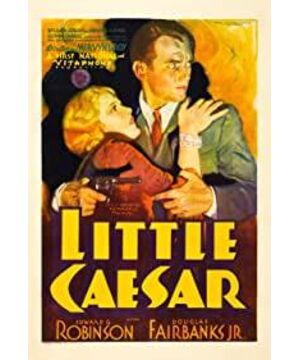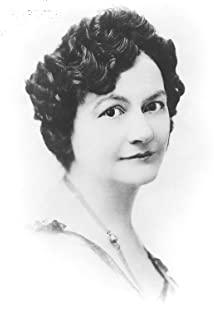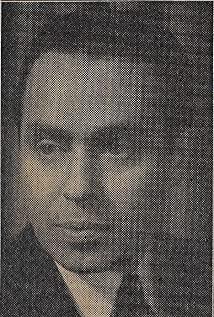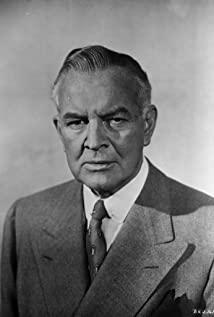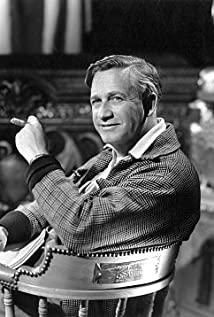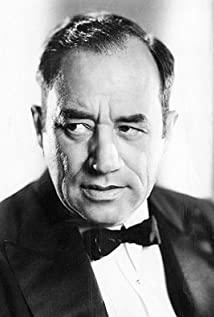"Little Caesar" (1931), directed by Melvin Leroy, can be said to be the pioneering work of "gangster films" after the beginning of sound films. This film starring Robinson Edward, a small man from Romania, has influenced generations. In addition to the attractive plot in the film, a large part is due to Edward's passionate performance. At the centennial celebration of film, he was named by the American Film Institute as one of the thirty greatest stars in American film history. His last line, "Am I just finished like this?", is both pitiful and intriguing.
Relying on a ruthless and wolf-like nature, the little man wandered about hacking and slashing all day long. He finally managed to steal the high position of the gang, but he died tragically on the street. "If you enter the gang, there is no turning back." It also confirms the quote in the title of "The Gospel of Matthew" that "everyone who uses a knife will die under the knife."
Raoul Walsh's "Blood" (1939) and "Blood" (1949), both starring James Cagney, both portrayed the underworld, but with different roles . In "Private", he played Eddie, a World War I veteran who wanted to return to work in his original unit, but was rejected. In 1919, when the "Prohibition" was implemented in the United States, "bootleg wine" became popular, and underground wineries and wineries emerged. Eddie, who drove a taxi with his friend Danny, strayed into the industry and achieved his "gangster" hegemony. Humphrey Bogart plays George, a fellow comrade-in-arms who is also a master smuggler. The two meet unexpectedly and join hands to deceive another gangster, Brown, and rob the bootleg alcohol confiscated by the government. 12 years later, the new President Roosevelt came to power, "Prohibition" was cancelled, which coincided with the Great Depression, Eddie was facing bankruptcy, and was calculated by the cold-blooded George to buy the 6,000 taxis he controlled and keep him one. In the end, Eddie was beaten back to his original shape, and he still drives a taxi for a living.
One night, he was recognized by Joan, a woman he had been deeply in love with, and brought home to meet Lloyd, a lawyer who served him after a fellow comrade-in-arms. At that time, Joan was grateful to Eddie but loved Lloyd. Eddie didn't calculate Lloyd, but just one punch made their marriage. They have a son together. Lloyd, who is now working in the government prosecutor's office, is showing justice and is investigating the facts of George's crime. George brought a message and told him to stop, otherwise his family would be destroyed.
Joan asks Eddie for help. Eddie came when he said something. But still agreed to go. As a result, George looked at him coldly and wanted to kill Eddie, but Eddie had been prepared and shot George with a few shots. So there is the most classic scene in the shootout film: Eddie runs out of the building, and his lover watches in horror in the car as he stumbles and runs forward, and finally falls down unwillingly... as if he was long and fruitless. Emotional road. The scene of the slumped fall is heart-wrenching.
The film "J" is much simpler. Ten years later, Cagney is obviously much fatter, but his posture is still with his rear buttocks up and forward, and the movement of his gun, which constitutes a Cagney style. unique style. He plays Cody in a deep Oedipus plot. His father died of mental illness at an early age. The family's mental illness was inherited from him, showing an extreme state of split personality, high IQ, cold-blooded cruelty, and high dependence on his mother.
After he was sentenced to three years in prison for his voluntary surrender, his wife and his subordinate Ed got together, and his mother was killed by the two. Cody, who escaped from the cage, killed Ed, and let his wife return to his arms, and was ready to fight, but he never thought that there was a police undercover beside him. The tracker modified by the undercover radio and the message left on the mirror of the public toilet in the highway service area made Cody's so-called "Troy" operation a fiasco.
In the end, Cody, who had nowhere to go, climbed on top of the gas tank and said the famous "Mom, I did it, I'm on top of the world", and then exploded and died.
This film reflects the reality of American society at that time, and the use of high-tech investigative methods has reached an astonishing level. Even the public toilets in the expressway service area have toilet paper. It was half a century later that it was passed on to us. The gang history of a mentally ill patient shows how dangerous it is to society. From the "prohibition" of the year, which created a large number of "gangsters" to the later small criminal groups that robbed and robbed houses, American gangster movies have always been with them and never left the scene. This is what we should reflect on. Self-exposing family scandals is a kind of ability, and it is also the driving force for a society to purify itself and move forward bravely.
2013, 7, 21
View more about Little Caesar reviews


